We at Honeyguide are often reminded that not all community areas can become financially sustainable, and whilst I totally understand this, I believe that many can achieve financial independence. We are a naturally optimistic organization, we have to be in order to approach such ambitious objectives and celebrate these fabulous results with our community partners.
Each conservation area is different, and many will always need external funding, however, it makes sense that, if we know some of these community conservation areas can become financially independent, we need to invest in them, build them and fast track them on their journey towards sustainability so that they can become less dependent or even free from the reliance on donors. We believe that this building has become a priority for Honeyguide. Finding long-term commitments for conservation is difficult, and so we need to be strategic and find alternatives. If we can get short-term funds (3-5 years) to develop these conservation areas to the point of financial independence, it will free up funding in the long term for the areas that are more challenged.
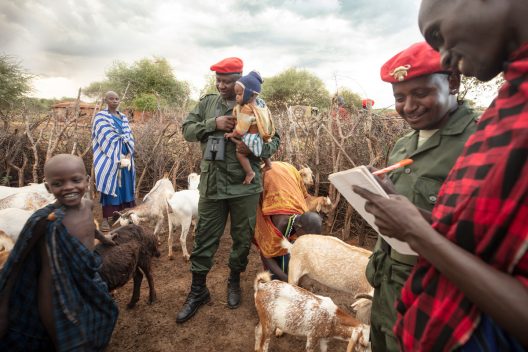 Let’s look at Makame as an example of this. Four years ago Makame was struggling in every way and was 90% dependent on donor funding for their conservation agenda – simply paying patrol costs and salaries. Investing in and making the Makame’s governance and management teams effective has led to securing funds from carbon and from the hunting industry which now supports not only their protection costs but also building strategies to improve the livelihoods of the people who live there. Concentrating our efforts in Makame means that it no longer relies on donors, and we can now transfer those funds to protect new areas.
Let’s look at Makame as an example of this. Four years ago Makame was struggling in every way and was 90% dependent on donor funding for their conservation agenda – simply paying patrol costs and salaries. Investing in and making the Makame’s governance and management teams effective has led to securing funds from carbon and from the hunting industry which now supports not only their protection costs but also building strategies to improve the livelihoods of the people who live there. Concentrating our efforts in Makame means that it no longer relies on donors, and we can now transfer those funds to protect new areas.
This is the approach Honeyguide want to build; to invest in Tanzanian Wildlife Management Areas, one by one, to secure their long-term ability to contribute to ecosystems, wildlife, and people. This means building the ability of local community management to use their natural resources sustainably and safeguard their livelihoods.
Based on this, Honeyguide is focusing on our next five years, where we are watching, looking closely and mapping which areas we know can become financially independent and are worth investing in to accelerate their transition. Then we will do our work, with these Wildlife Management Areas and their partners. Watch us.


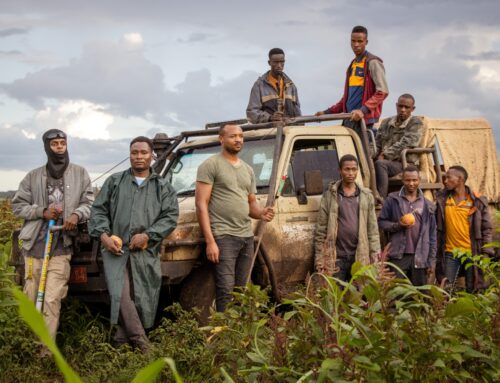
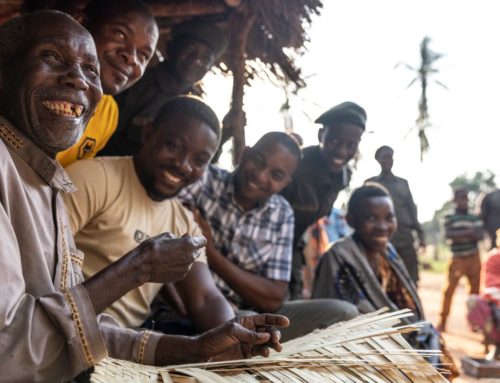
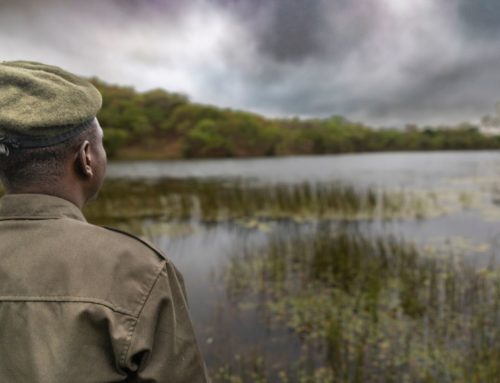
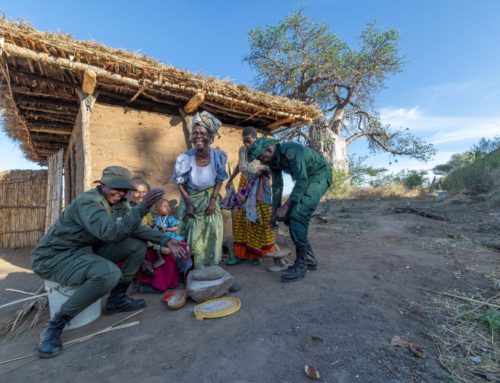
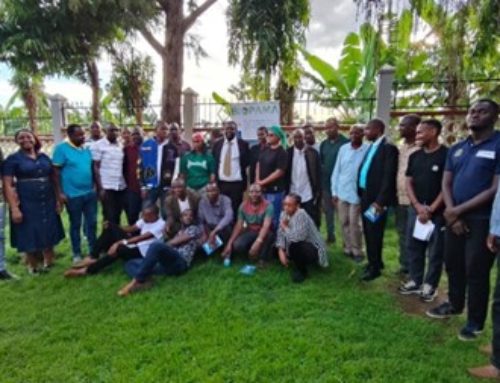
Leave A Comment